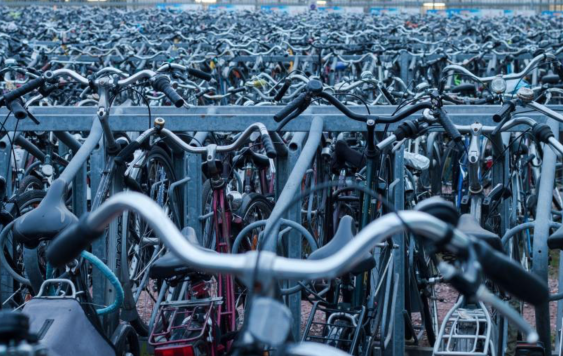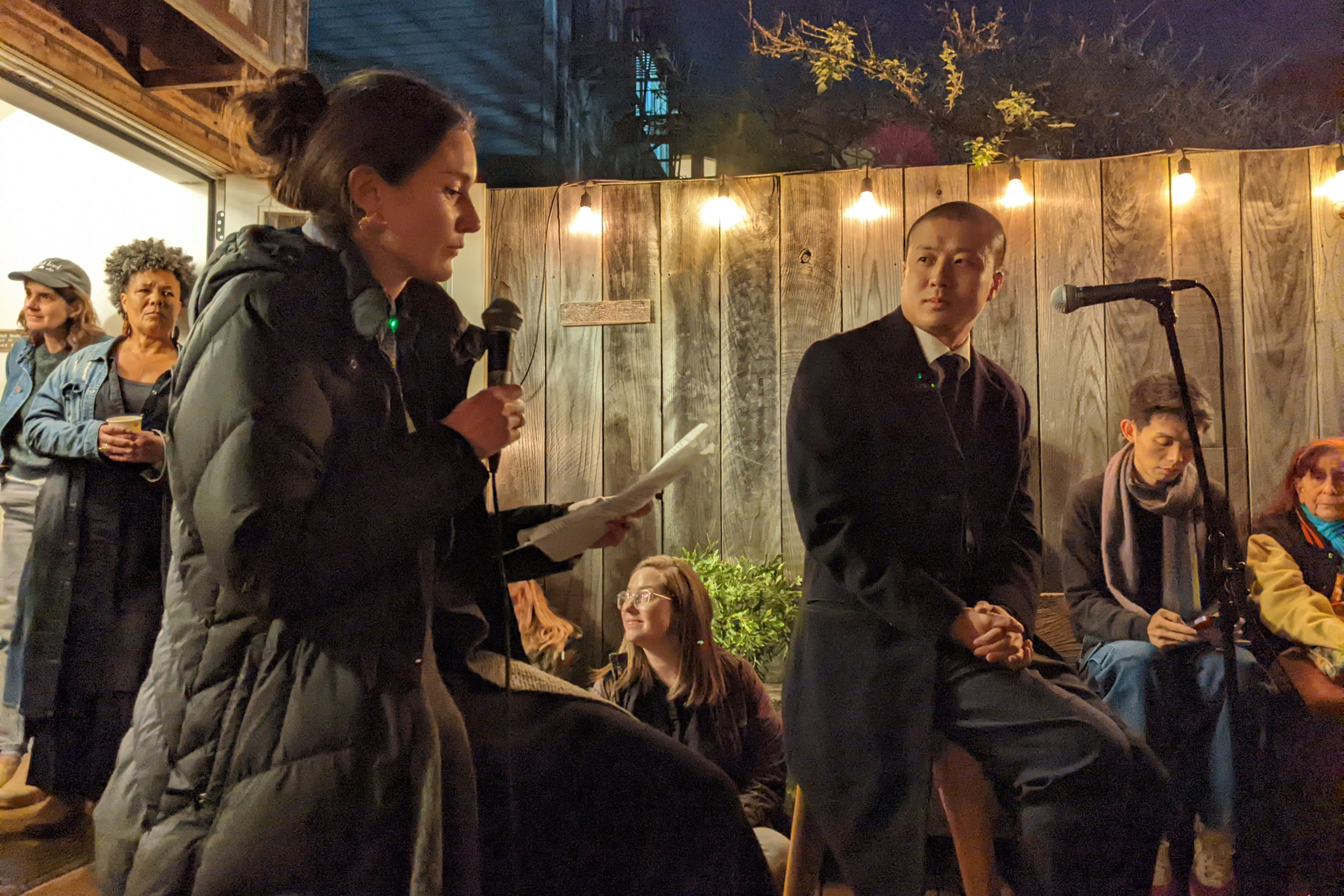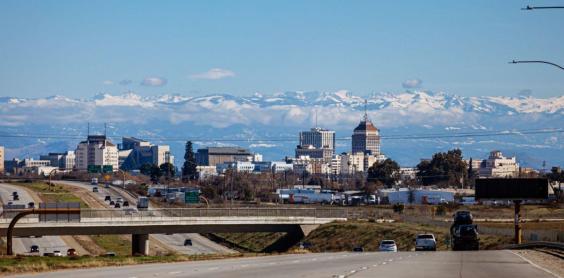In Sacramento, bills are beginning to move more quickly through the committee process as this week's policy committee deadline approaches. Below are highlights on some of the bills pertaining to sustainable streets issues.
Cap-and-Trade Funds for Transit: After Streetsblog wrote about its focus on large projects, author Jim Beall (D-Santa Clara) amended S.B. 9 to allow projects of any size to compete for funds in this program. TransForm says the bill still includes a provision that would make it hard for disadvantaged communities to access the grant funds, by giving priority to projects with non-state funding. The main benefit of the bill is that it allows a commitment to funding larger projects over time, making it easier to secure financing and leverage other funding. S.B. 9 still eliminates operations funding from this program in future cycles, but that change has caused no ripples. Operations were nominally eligible during the first round, but none of the first year's recipients won operations funding--perhaps because the grants are one-time-only, and operations are an ongoing expense. The bill goes next to the Assembly Natural Resources Committee.
Parking Requirements: It wasn't as exciting as the tiff in the Labor Committee hearing, but the conversation in the Transportation and Housing Committee last week about A.B. 744 did get strange. The bill, authored by Ed Chau (D-Monterey Park), would lower parking requirements to make developing affordable housing easier. Ultimately it passed the committee this week and moves next to Governance and Finance. See Streetsblog's coverage here.
Slow Vehicles Ahead: A.B. 208 from Frank Bigelow (R-O'Neals) was originally an attempt to clarify the three-foot rule on rural roads and has undergone a number of changes, reflecting legal semantics more than anything. For example, one amendment would have changed the word “roadway” to “highway,” but that was an awkward change that would have left no legal place for slow vehicles to pull out and let others pass. In its latest iteration the bill settles for language making it clear that bicycles are included in the definition of “slow-moving vehicle” and must pull aside if there are five or more vehicles piled up behind them. The bill is now on the Senate consent calendar, which means it could be passed without further discussion.
Bus Cameras to Catch Parking Violators: A.B. 1287 from David Chiu (D-San Francisco) would allow San Francisco Muni to keep using cameras on its vehicles to catch people parking in transit lanes. Muni did a study that found that the program could help reduce delays. There was no opposition to the bill, which passed the Transportation Committee and now goes to the Judiciary Committee. The bill applies only to S.F. Muni, but there's no reason it couldn't open the door to other transit agencies; L.A. Metro experiences similar issues.
Temporary Vehicle Plates: A.B. 516 from Kevin Mullin (D-San Mateo) would require new cars to have temporary plates affixed to them at the point of sale. This was a retry of a bill that died in the Appropriations Committee last year (A.B. 2197). A temporary license plate could make it easier to enforce existing law that makes it illegal to drive without a permanent plate for more than ninety days, which caused complaints that a driver may not be to blame if plates don't arrive on time. The bill has support from toll-collecting agencies and hit-and-run reform advocates. It passed the Transportation and Housing Committee and will be modified slightly to address concerns, then go to Public Safety.
Are Uber Cars Commercial Vehicles? A.B. 828 from Assemblymember Evan Low (D-Campbell) would exempt private cars used for “transportation network companies” (such as Uber or Lyft) from designation as commercial vehicles under DMV rules. Impassioned testimony from many people pointed out over and over that Uber drivers provide the same service as taxis but without the same regulations. The authors promised to amend the bill to add a two-year sunset date and call for a study on the impact of new regulations. The bill squeaked by the Transportation Committee and goes back to the Rules Committee.






